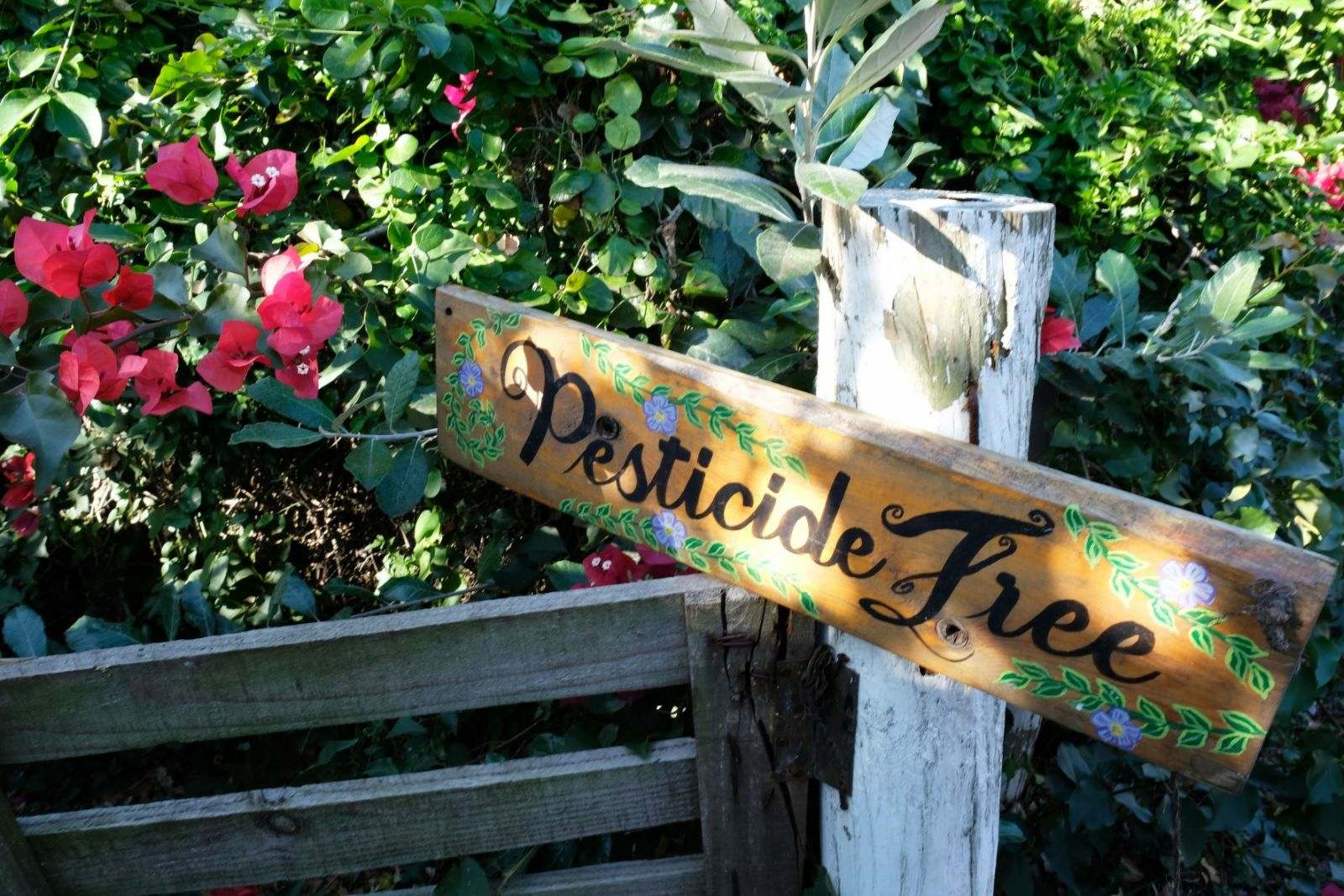Tips for strong and healthy plants
Preventive plant protection instead of chemicals
For your plants to be strong enough to fend off diseases and so-called pests, they need to be healthy. You can use natural remedies to help boost your plants' defenses. Read here which remedies you can use for this. You can also easily make some of them yourself.
Prevention is better than aftercare
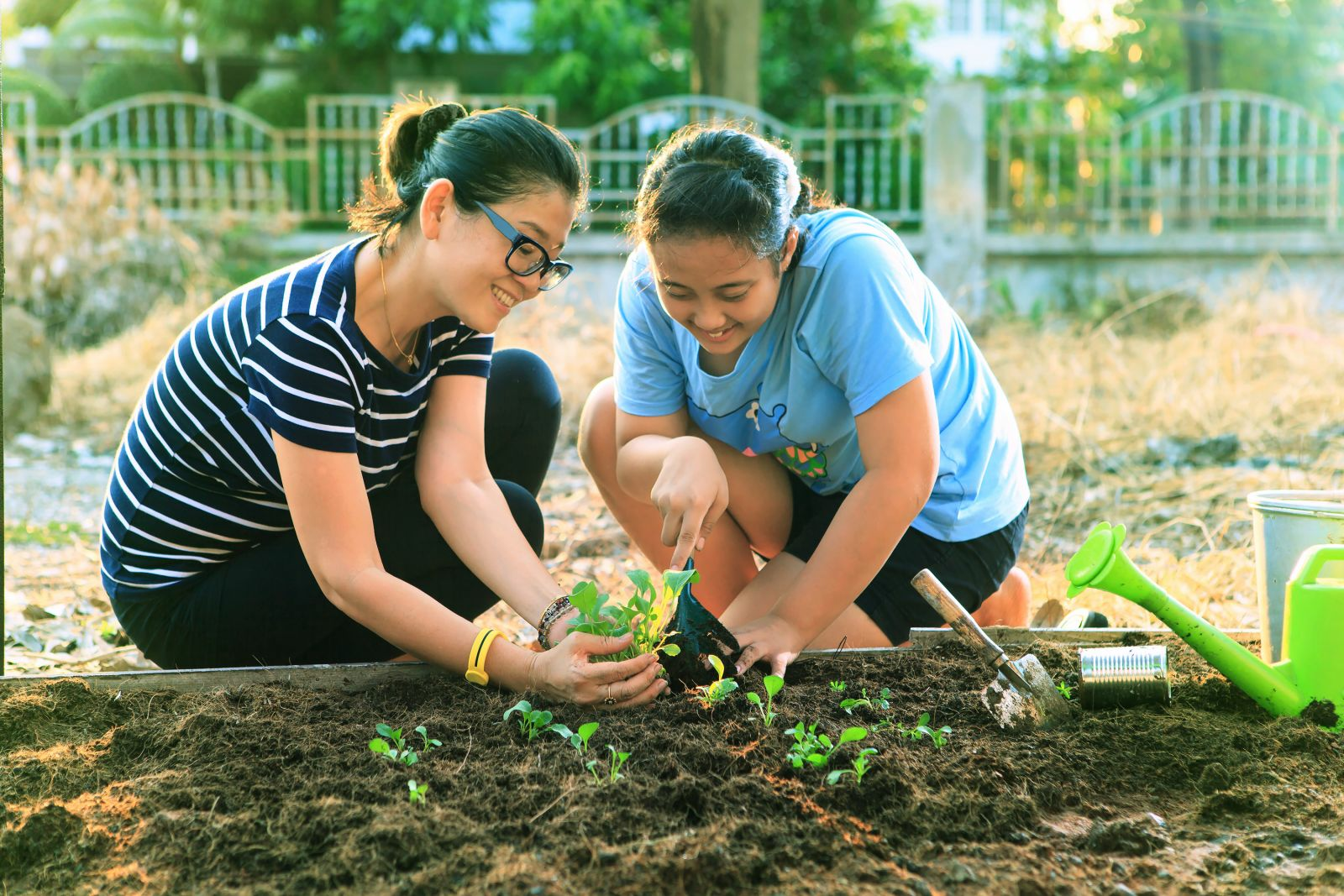
To prevent a severe infestation from occurring in the first place, there are various plant strengthening agents that you can use. They are intended to increase plant immunity, but are only effective to a limited extent in combating the disease afterwards.
Plant juices & co. from wild herbs
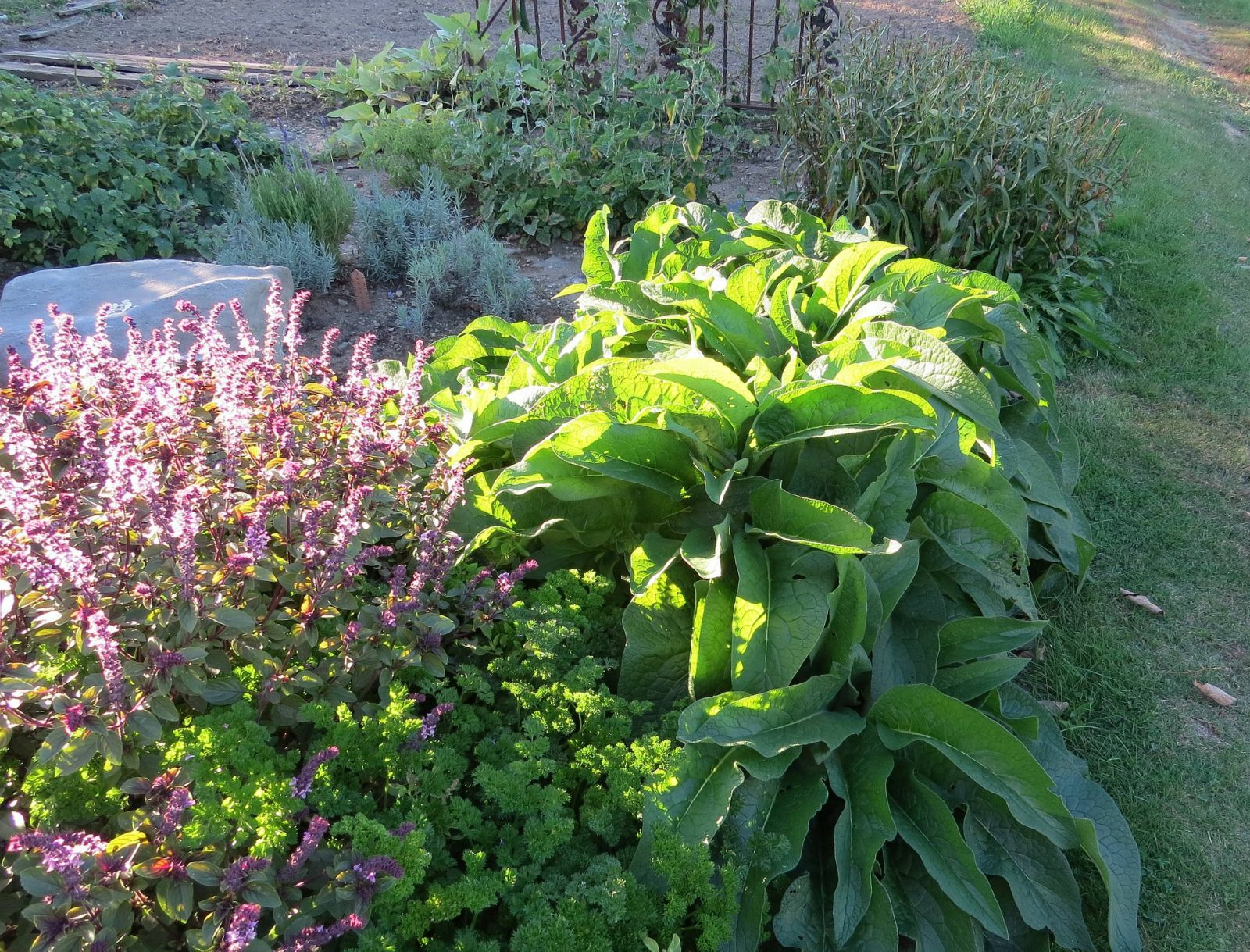
Some wild herbs (e.g. nettles), which can be found in most gardens, can be used to make plant extracts to strengthen your crops. You can make your own plant infusions, teas and decoctions. Each extract has its own mode of action, depending on the ingredients of the processed plant and the method of production.
Production & application
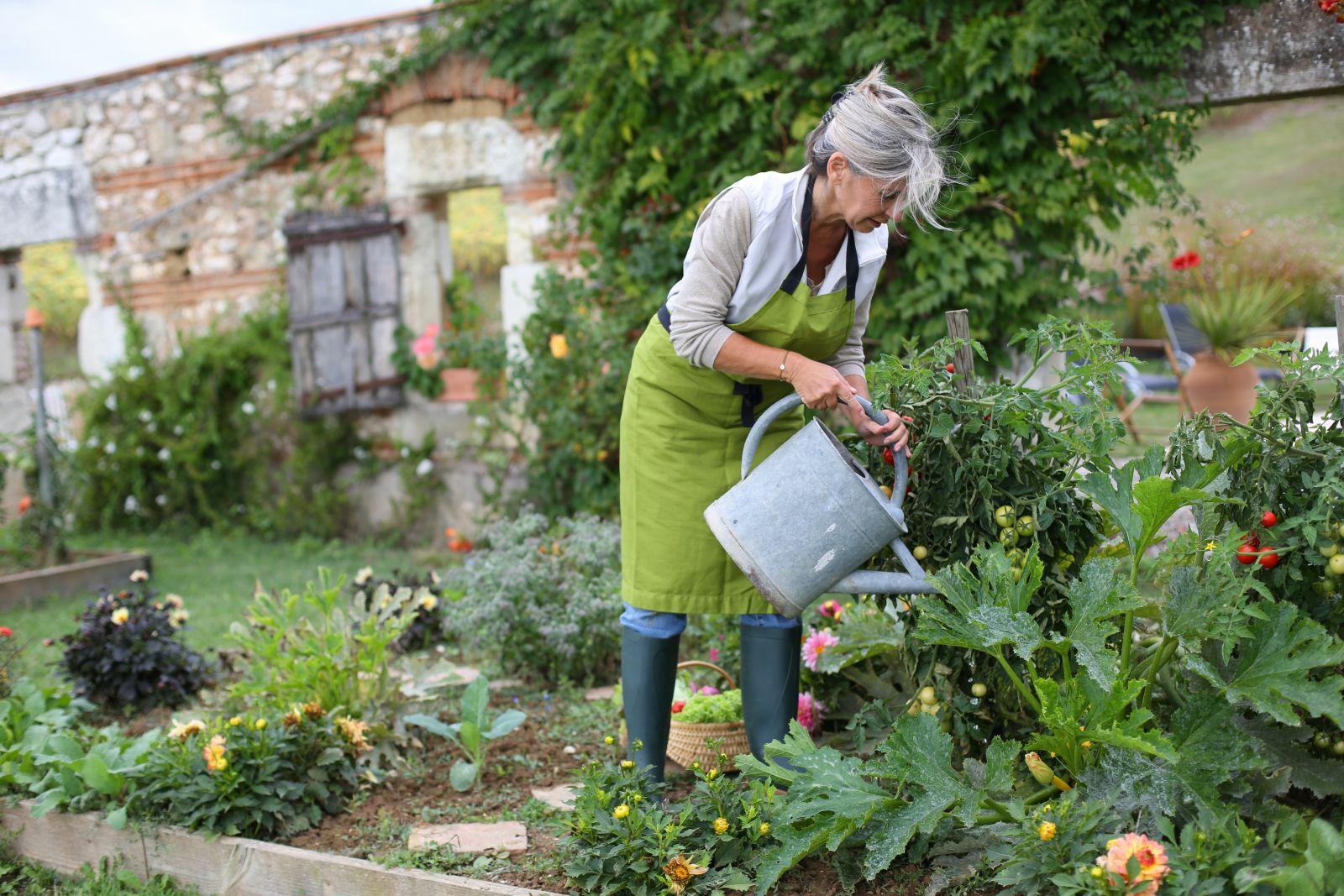
- Cold water extract: chopped plant parts are placed in water for 1-3 days and then sieved; undiluted or diluted 1:1 to repel pests and for soil care
- Decoction: like cold water extract, only after soaking, boil for 15 - 30 min. boil and sieve; undiluted for pest control and soil care
- tea: brew plant parts with hot water and leave to infuse for 15 - 20 minutes, allow to cool and sieve
- plant slurry: leave plant parts to ferment for 2 - 3 weeks; 1:20 as soil fertilizer and 1:50 as foliar fertilizer
Rock flours and limes
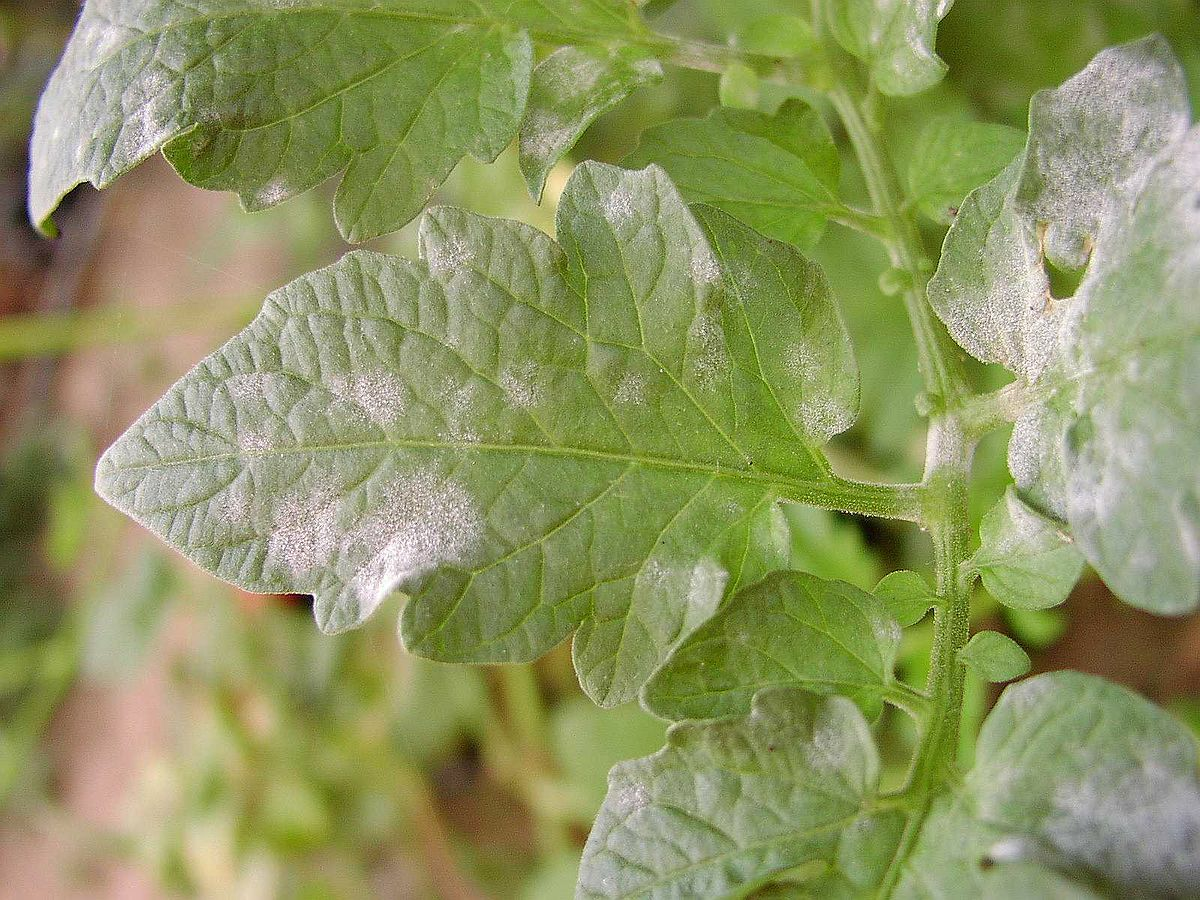
Plant strengthening agents of mineral origin such as rock flour and lime have a high silicon content. Silicon strengthens the cell walls and the plants become more resistant to fungal diseases such as powdery mildew. However, these two agents are not only used to strengthen plants, but also in fertilization and to improve the soil.
Tips for use in the garden
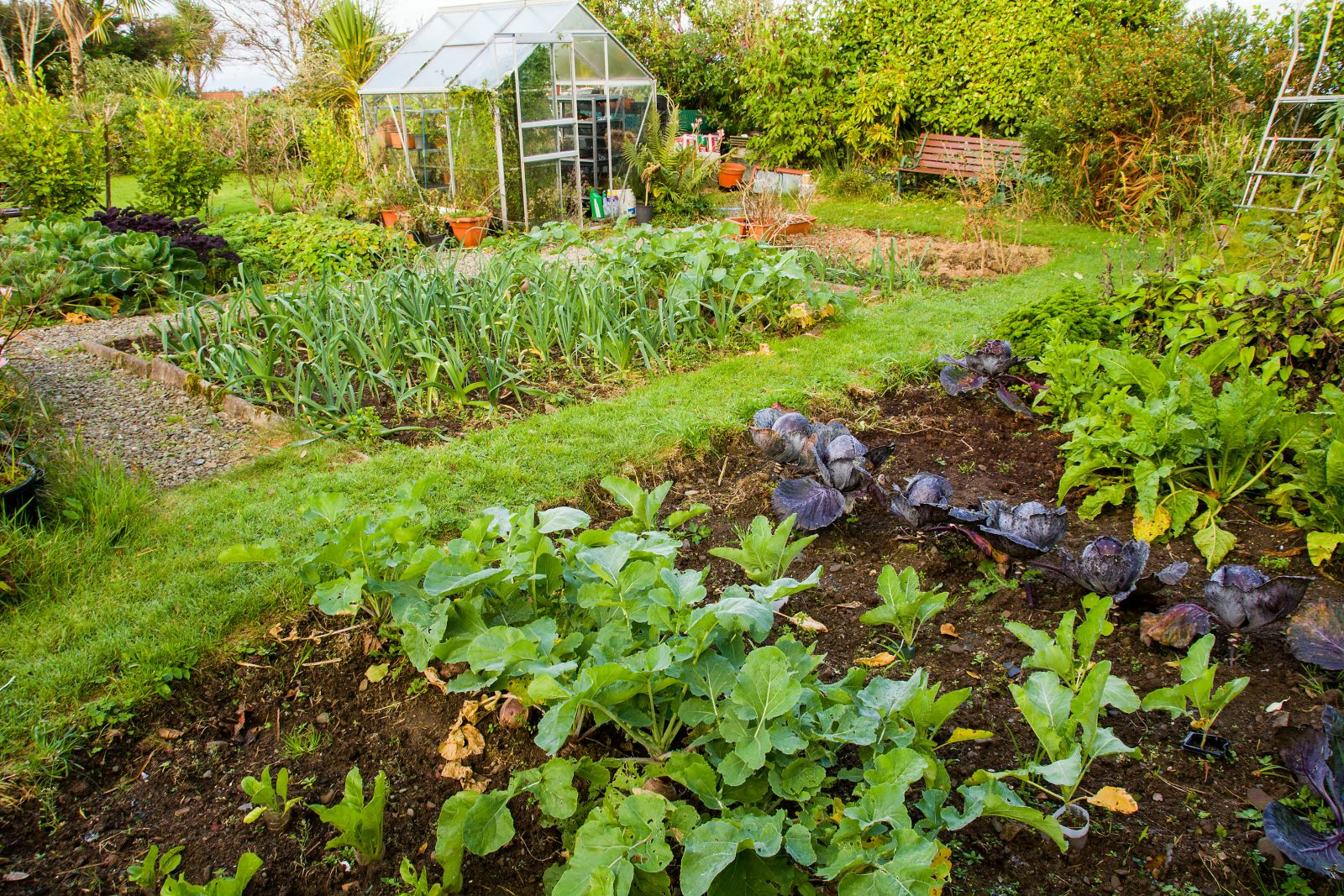
- as foliar fertilization, spray diluted with rainwater if necessary during dry, rain-free periods
- repeat treatment every 7 to 14 days - take additional measures such as crop protection nets, yellow boards, pheromone traps, glue rings, etc.
- as soil fertilization to stimulate biological activity (especially plant dips!)
- for compost to promote composting
